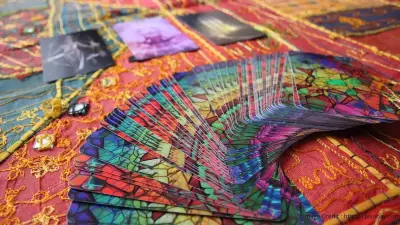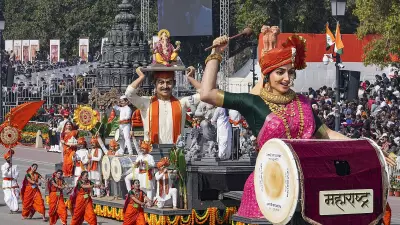
As Diwali 2025 approaches, the air fills with excitement, lights, and the promise of gifts. But amidst the festive cheer, many parents wonder: how do we raise grateful children in a season often dominated by materialism?
The Gift-Giving Dilemma
Diwali, the festival of lights, traditionally symbolizes the victory of light over darkness and good over evil. However, in recent years, the commercial aspect has increasingly overshadowed these spiritual meanings. Children often anticipate the festival primarily for the presents they'll receive, creating a challenge for parents who want to instill deeper values.
The 5-Day Gratitude Challenge
This Diwali, try incorporating these simple yet powerful practices into your celebrations:
1. Gratitude Journaling
Encourage children to maintain a special Diwali journal where they write or draw three things they're thankful for each day. This simple practice shifts focus from what they want to what they already have.
2. The Giving Tradition
Before opening their own gifts, have children prepare small presents for others - whether it's homemade cards for grandparents, treats for household helpers, or donations to those in need. This teaches that giving can be as joyful as receiving.
3. Story Time with Purpose
Share the deeper significance of Diwali through stories that emphasize values like compassion, sharing, and thankfulness. Move beyond the mythology to discuss how these virtues apply in modern life.
4. Mindful Gifting
Instead of overwhelming children with numerous presents, consider the "Something you want, something you need, something to wear, something to read" approach. This encourages appreciation for each gift.
5. Gratitude Rituals
Create new family traditions like a "gratitude circle" where each family member shares what they're thankful for before the Diwali feast.
Why Gratitude Matters More Than Ever
Research shows that grateful children tend to be happier, more resilient, and better equipped to handle life's challenges. In a world of instant gratification, teaching gratitude becomes an essential life skill that:
- Enhances emotional intelligence
- Strengthens relationships
- Reduces entitlement attitudes
- Improves overall mental wellbeing
Making Gratitude a Year-Round Practice
While Diwali provides a perfect opportunity to introduce gratitude practices, the real magic happens when these become part of your family's daily life. Simple habits like saying thank you meaningfully, writing appreciation notes, and volunteering together can keep the spirit of gratitude alive long after the diyas have dimmed.
This Diwali, let's illuminate our children's hearts with gratitude that will shine brighter than any firework and last longer than any temporary gift. The greatest present we can give our children isn't wrapped in fancy paper - it's the lifelong gift of appreciation.





